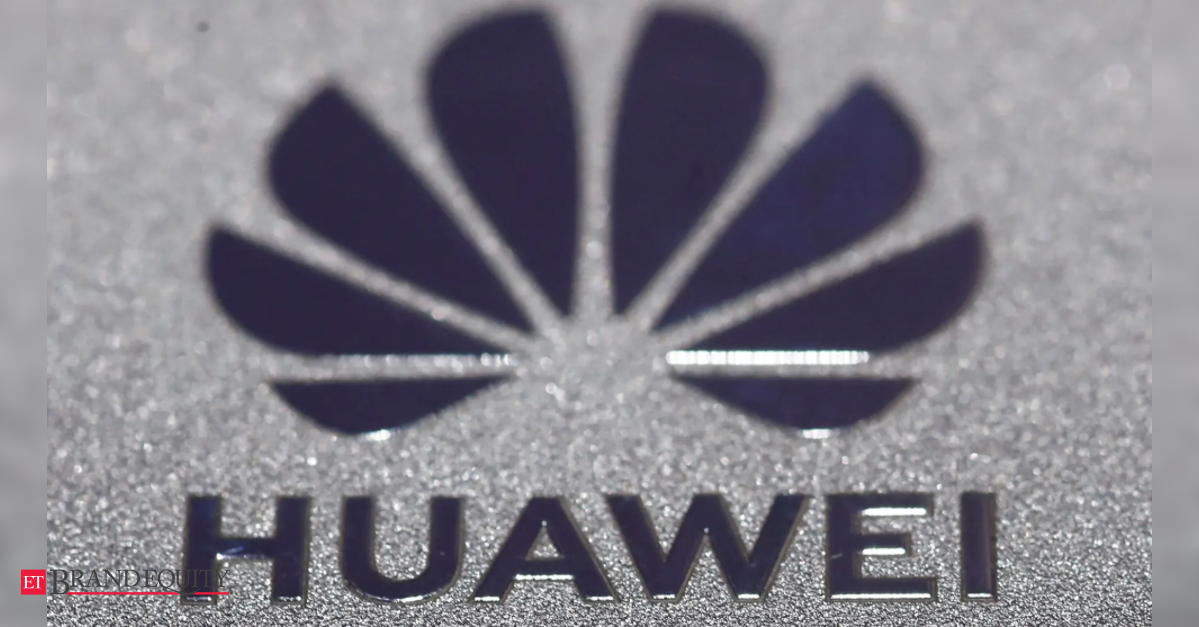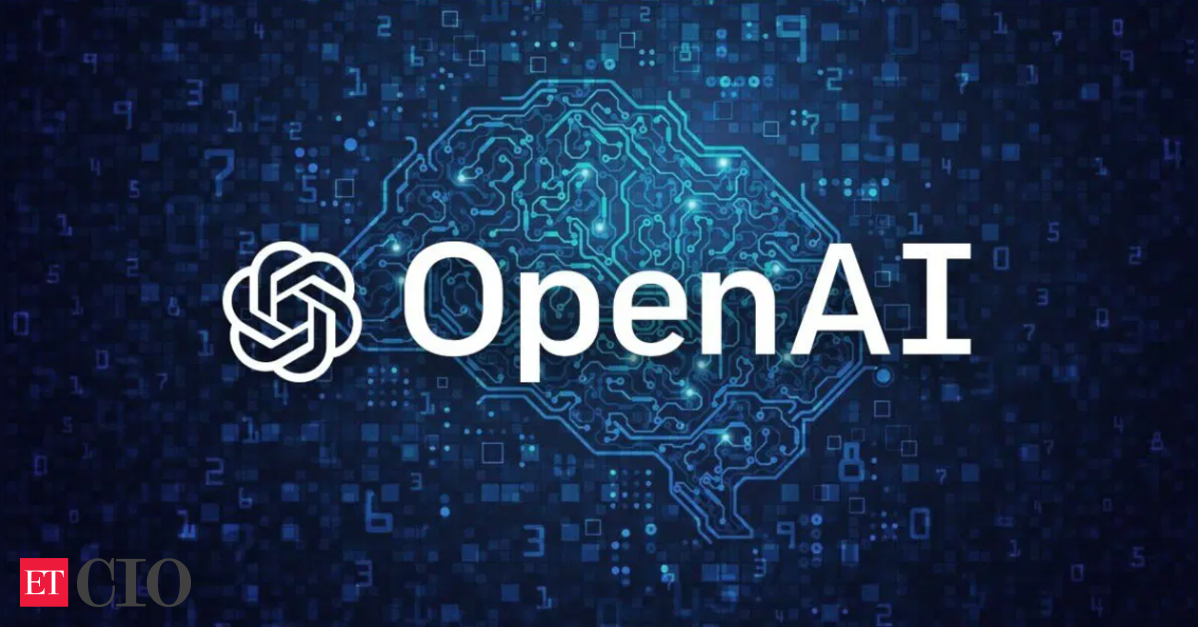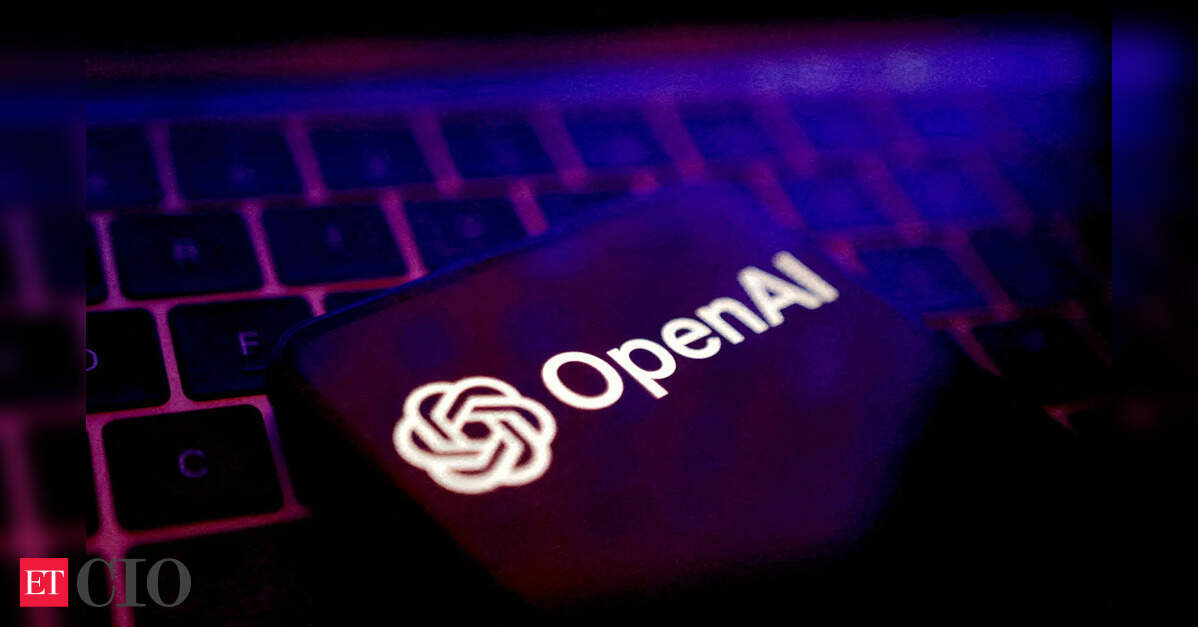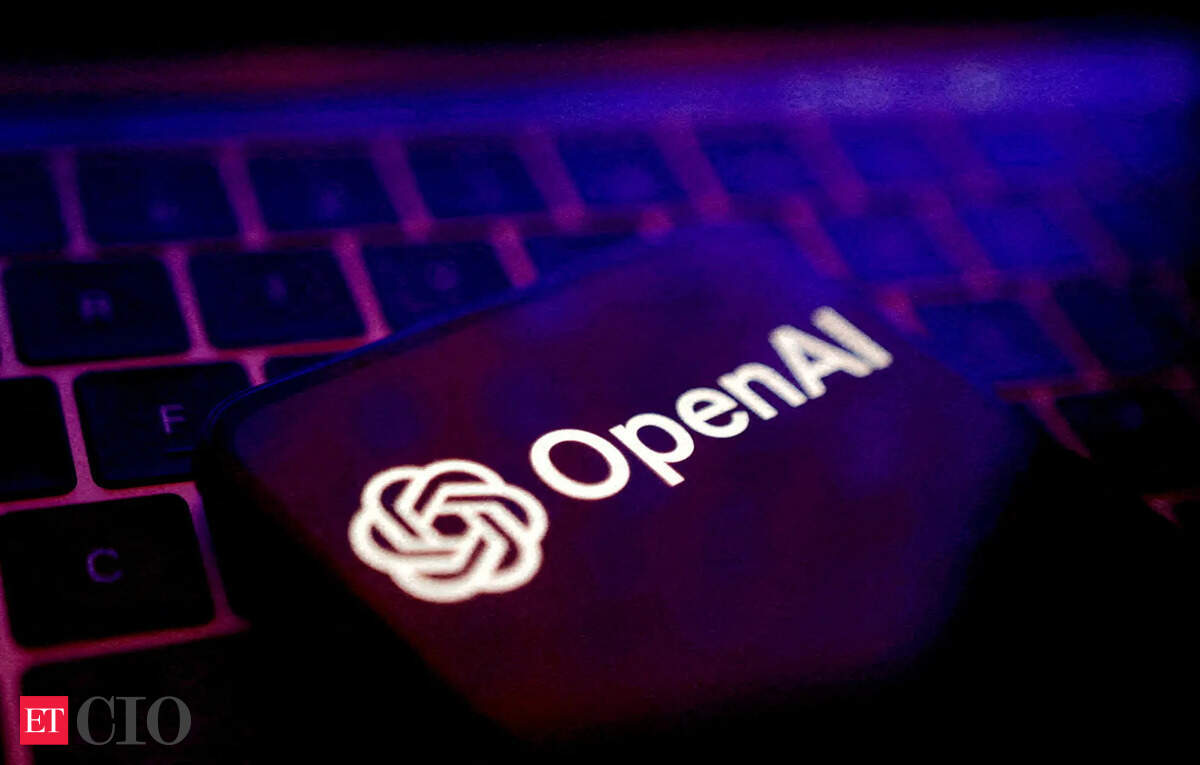OpenAI CEO Addresses Alleged Staff Poaching Attempts by Meta

The intense competition in the artificial intelligence sector has led to aggressive talent acquisition strategies, with Meta Platforms reportedly attempting to poach employees from OpenAI, offering signing bonuses as high as $100 million and substantial annual compensation packages. Sam Altman, CEO of OpenAI, stated that while Meta sought to hire "a lot of people," none of OpenAI's top talent had yet accepted these offers. Altman suggested that Meta views OpenAI as its primary competitor, acknowledging Meta's persistent efforts despite their current AI endeavors not having met their full expectations.
Altman expressed skepticism regarding Meta's recruitment approach, particularly their emphasis on large, upfront guaranteed compensation. He believes such a strategy can detract from the actual work and hinder the development of a strong, innovative culture. Altman also commented that companies attempting to simply copy OpenAI's model often fail, as it prevents them from building a culture of learning and true innovation, constantly lagging behind the competitor.
Meta, under the personal direction of CEO Mark Zuckerberg, has been striving to assemble a top-tier artificial intelligence team for its "superintelligence" AI lab. The company has made significant investments through its Meta AI research division, which also oversees its open-source large language models, the Llama series. These moves come amid reports of Meta delaying the release of its latest flagship AI model due to concerns about its capabilities, and Zuckerberg's reported frustration with Meta's current standing in the AI space, leading him to invest billions in securing top talent.
In a notable move, Alexandr Wang, founder of Scale AI, joined Meta as part of a deal wherein Meta acquired a 49% stake in the AI startup for $14.3 billion (or $15 billion according to another source). Wang is reportedly set to head a research lab focused on achieving "superintelligence." Meta has also recently recruited other prominent figures, including Jack Rae, a principal researcher from Google's AI research laboratory DeepMind, with Zuckerberg directly involved in these recruitment efforts.
Despite some criticism, not all industry analysts view Meta's AI efforts negatively. Daniel Newman, CEO of Futurum Group, highlighted that Meta has "built the rails for open source AI development," with much of the current AI innovation being built on Meta's open-source contributions, such as Llama. Newman added that Meta's substantial investments, like the Scale AI acquisition, are poised to further advance its capabilities in training large-scale models.
The broader landscape of AI talent acquisition remains fiercely competitive. Founders and executives in the AI space, like Aravind Srinivas of Perplexity and Naveen Rao of Databricks, emphasize the extreme scarcity of researchers capable of building frontier AI models. Companies must offer not only "amazing incentives" but also "immediate availability of compute" (like Nvidia H100 GPUs) to attract this limited pool of top talent, often compared to seeking elite athletes like LeBron James due to their rarity.












_1751880097.jpeg)